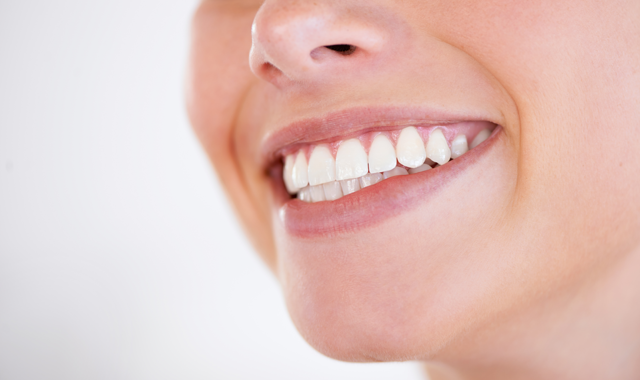New 3D-printed teeth also kill bacteria
A new study published in the scientific journal Advanced Functional Materials illustrated the possibility of 3D-printable teeth with antimicrobial properties, according to a recent New Scientist article.

A new study published in the scientific journal Advanced Functional Materials illustrated the possibility of 3D-printable teeth with antimicrobial properties, according to a recent New Scientist article.
Researchers at the University of Groningen in the Netherlands embedded positively charged quaternary ammonium salts in dental resin polymers, which react with negatively charged bacteria, causing them to die, the article said. The salts do not damage other cells.
More research: New study finds blueberries could reduce antibiotic use for treating gum disease
The researchers then placed the test material in a 3D printer and hardened it with ultraviolet light on dental products such as teeth and braces, according to the article. They then exposed the material to both saliva and streptoccocus mutans, the bacterium that causes tooth decay. They discovered the material killed more than 99 percent of the bacteria, the article said. The control group, which did not include the new material, killed less than 1 percent.
The testing period only lasted six days so further tests for longer periods of time are needed, according to the article. Researchers also want to examine how the material reacts with toothpaste and if the 3D-printed plastic is strong enough to function as a tooth. Currently, 3D printing produces dental products such as crowns, bridges and orthodontic appliances.
To view the full study, click here.
Hot read: Why the benefits of using digital imagery and conebeam CT scans outweigh the risks
Product Bites – January 19, 2024
January 19th 2024Product Bites makes sure you don't miss the next innovation for your practice. This week's Product Bites podcast features new launches from Adravision, Formlabs, Owandy Radiology, Henry Schein Orthodontics, Dental Creations, and Dental Blue Box. [5 Minutes]